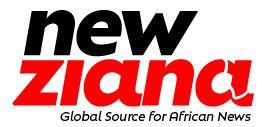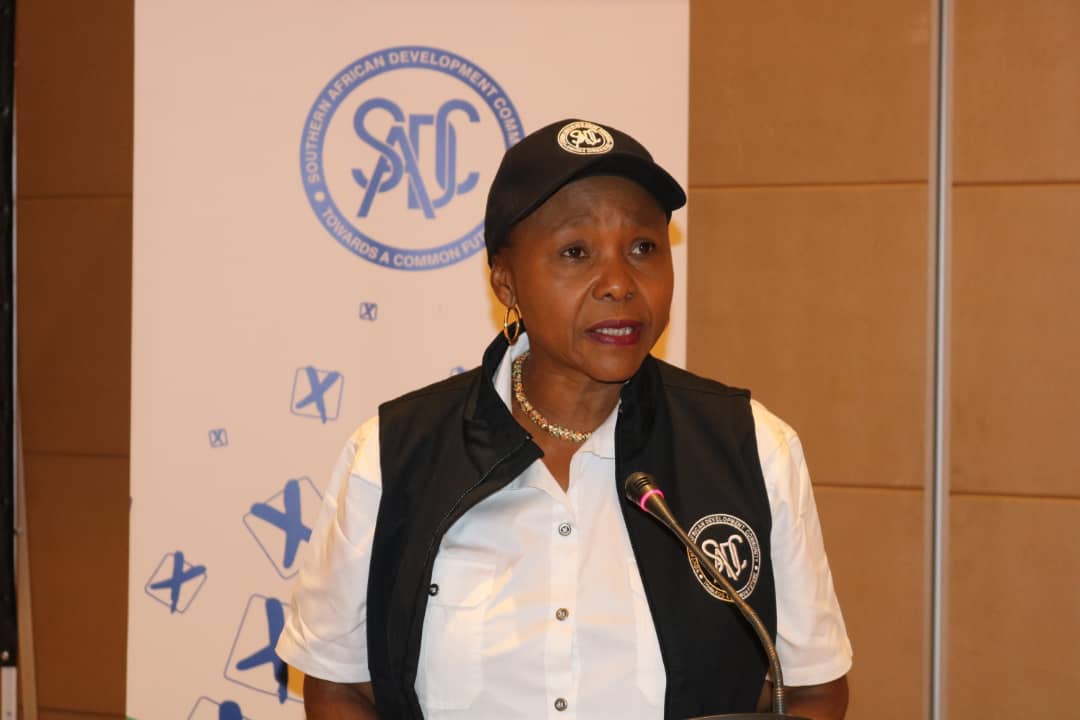Harare, (New Ziana) –The Medicines Control Authority of Zimbabwe (MCAZ) has made notable progress in streamlining registration timelines, intensifying inspections and enforcement actions, as well as of enhancing post-market surveillance.
These initiatives directly translated into greater public confidence, improved access to quality-assured medicines, and a stronger alignment with national health priorities under the National Development Strategy 1 (NDS1).
Addressing participants at its Annual General Meeting (AGM) and stakeholders’ forum in Harare on Friday, MCAZ board chairman Misheck Chiware said the year 2024 marked a period of significant regulatory and institutional strengthening for the authority.
“Building on lessons from previous years, the Authority reinforced its oversight role, ensuring the safety, quality, and efficacy of medicines, medical devices, and allied substances available on the Zimbabwean market.
A key highlight was the attainment of the World Health Organization (WHO) Global Benchmarking Tool Maturity Level 3 (GBT-ML3) for medicines regulation. This milestone affirms the Authority’s status as a stable and effective regulator on the African continent.
“In 2024, adherence to corporate governance standards stood at an impressive 96 percent, reflecting compliance with the Public Entities Corporate Governance Act. The approval of the MCAZ Board Charter by the Minister of Health and Child Care further entrenched accountability and transparency in the Authority’s operations,” he said.
The MCAZ also operationalised new governance structures, including the Risk Management and Integrity Committees, strengthening oversight of both regulatory and ethical practices, as its strategic direction in 2024 was centred on deepening regulatory efficiency, enhancing stakeholder engagement, and leveraging digital transformation.
“Initiatives such as the automation of registration processes, the expansion of reliance frameworks with other National Regulatory Authorities, and capacity-building programs for inspectors and assessors reinforced the Authority’s role in supporting a resilient health system.
“The Authority attained its strategic goals, including the attainment of the GBT ML3 and continued to champion regional harmonisation through leadership in the ZAZIBONA collaborative initiative, consolidating Zimbabwe’s position as a key regulatory hub in the SADC region,” he said.
ZAZIBONA is a work-sharing initiative that assesses and evaluates medicines for priority diseases or conditions in the region.
While expressing gratitude to stakeholders who include the government, healthcare professionals, law enforcement agencies, and development partners, Chiware said MCAZ remains committed to advancing towards World Health Organisation (WHO) Maturity Level 4, further automating its systems, and strengthening public trust through transparent, efficient, and ethical regulation.
WHO Maturity Level 4 (ML4) is the highest level of regulatory performance, indicating an advanced regulatory system that is committed to continuous improvement and innovation.
At this level, a national regulatory authority (NRA) demonstrates a high-performance regulatory system that is integrated into the global regulatory environment and capable of setting global standards, as seen in countries like Singapore, France, Japan, and South Korea.
This status is a significant achievement, signaling strong regulatory capacity and contributing to public health outcomes by ensuring access to safe, high-quality medical products.
New Ziana












